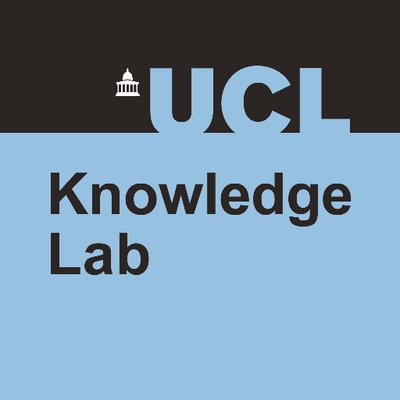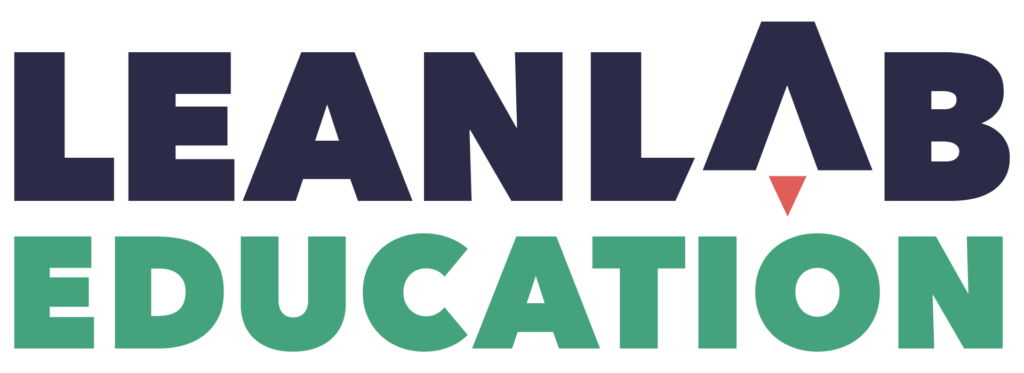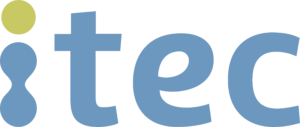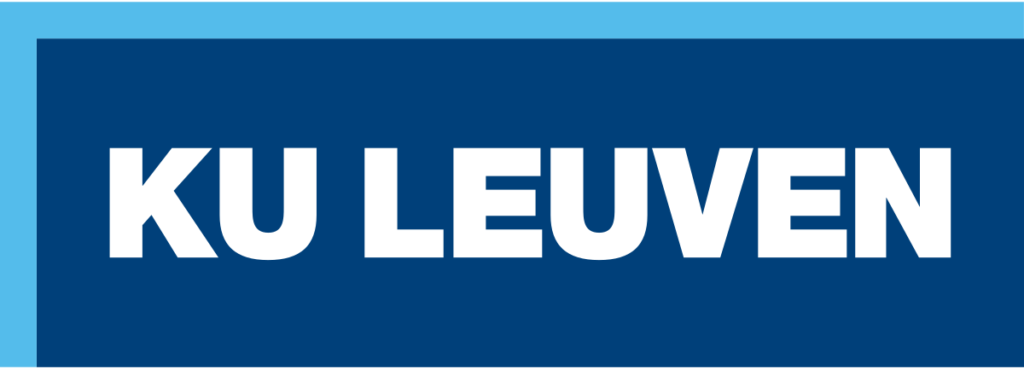About
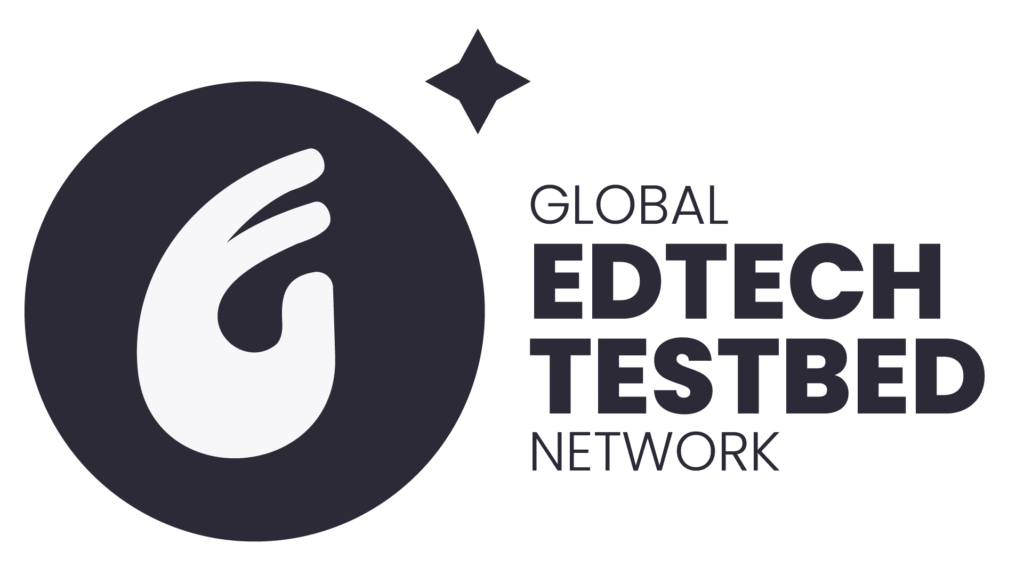
The Global Edtech Testbed Network is a collaborative effort supported by the Jacobs Foundation to advance best practices in the field of edtech co-development and evaluation through “testbeds” or authentic school environments in which to trial emerging education technologies.
Event Objectives
The key objectives of this inaugural Global Edtech Testbed Network (GETN) convening are:
-
Understand the varying perspectives of key stakeholders within the edtech ecosystem, namely: school system leaders and practitioners, edtech developers, investors, philanthropies, intermediary organisations and researchers.
Build relationships with varying members of the global community.
Identify key opportunities, and barriers in building sustainable edtech test bed environments
Design a prototype of edtech testbed structures aligned to specific global geographies, taking into account regional contexts and potential sustainability methods
Design Challenges
The Global Edtech Testbed Network (GETN) grew from conversations and a panel initiated at BETT 2022. Post-pandemic trends in education have spurred a global conversation about the role, implications and promise education technology can offer in expanding meaningful learning opportunities for all.
However, the global edtech ecosystem is complex and not without its challenges; inequitable access to digital infrastructure, a largely deregulated market, an influx of venture capital, a proliferation of edtech tools, vast variation of learning environments, and lack of consistent infrastructure and funding for sustainable R&D have led us to larger questions:
What do we know about edtech and its potential to impact learning?
How can we make sure edtech lives up to its potential?
How do we identify potential breakthroughs in the field?
With the generous support of the Jacobs Foundation, these questions have led us to the inaugural GETN convening. Over three days, a global group of expert practitioners in research, edtech, venture capital in edtech, philanthropy and teaching and administration will explore and create ideal models for what a global network of testbed environments could be.
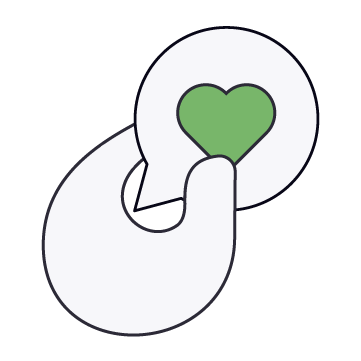
Our Mission
To nurture edtech testbed practices towards the highest quality education systems, which are inclusive and accessible for all teachers and learners.
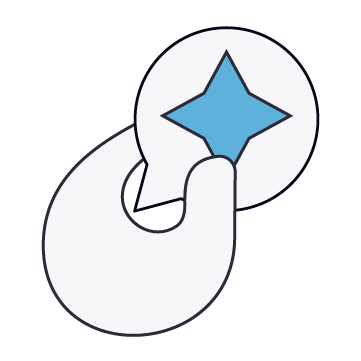
Our Objective
To create a learning community to enable global understanding of methods, structures and systemic supports that enhance the quality of edtech testbeds in high-, middle- and low-resource contexts.
Organisers

Alison Clark-Wilson
Alison has 30+ years experience in education as a schoolteacher, teacher educator, and educational researcher, all of which has been wholly concerned with the design, implementation and evaluation of educational technologies.
An early adopter of EdTech (whilst still a school-age learner), Alison has always worked at the two extremes of EdTech innovation: creation and widespread uptake. Her own school classroom served as an edtech testbed for early maths products and her 2010 PhD study created an EdTech testbed involving 15 teachers and 7 schools (resulting in the “hiccup” theory).
Alison has always thought that every teacher should be supported to offer their classroom as a testbed, as a more sustainable way for teachers to develop professionally in an increasingly digital world. Alison offers global consultancy on school EdTech policy, development and implementations, with a particular interest in both the EdTech developers’ and teachers’ perspective. Alongside, she has developed multiple online toolkits/resources for a wide range of EdTech stakeholders.

Katie Boody Adorno
Katie started her career as a middle school math teacher in her native Kansas City, Missouri in the United States. After teaching for five years and working in school administration, Katie went on to found Leanlab Education in 2013–a non profit organization that studies and launches transformational education innovations that have national impact.
Over the past 9 years, Katie and her team have trained over 60 education entrepreneurs and partnered with more than 25 school districts. Her organization has developed a unique Codesign product development research framework that centers school practioner voice in giving product recommendations throughout differing stages of an edtech product’s product development cycle, while evaluating the effectiveness of the product. Leanlab Education has completed more than two dozen codesigned studies between schools and edtech developers.

Björn Hassler
Björn is an advocate for international cooperation and development, Global Public Goods, and open development practices. He specializes in sustainable and scalable approaches for programme implementation to improve educational outcomes — across primary, secondary, and higher education.
His research interests include digital technology (for education and research), teacher professional development, education systems research and equity/inclusion. Björn has undertaken and supported a large range of education improvement programmes in sub-Saharan Africa, the Middle East, the Caribbean, and South Asia, as well as conducted extensive research in EdTech and teacher education.
Björn is a founding director at the EdTech Hub and a visiting researcher at the University of Johannesburg.

Stefanie Vanbecelaere
Stefanie developed expertise in methodologies to evaluate the impact of digital learning tools through two projects:
1. Educational researcher on the LEAPS project (an imec.icon research project funded by imec and Flemish government, 2016-2018), responsible for the evaluation of a multi-purpose self-learning analytics system.
2. Post-doctoral researcher on the i-Learn project (Flemish government, €20m, 2019 – ongoing) which is a strategic initiative in Flanders that aims to lower the barriers for implementing personalized learning with digital tools in primary and secondary education in Flanders (Belgium).
The i-Learn portal provides a one-stop-shop for teachers and pupils that integrates the digital applications and content of EdTech providers, and allows teachers to create personalized learning paths for their pupils across EdTech applications. The project also offers online coaching and training to teachers through the iLearn Academy. Responsible for the evaluation of the impact of the i-Learn portal throughout the project.

Taskeen Adam
Taskeen is the Co-Director of Open Development & Education. She has over 10 years of international education research and development experience, with in-country experience in India, Rwanda, Niger, South Africa, Tanzania, Kenya and the UK and remote technical assistance to ministries of education in Ghana, Sierra Leone, and Jordan.
Her thematic areas of expertise are justice-oriented inclusive education models, decolonising EdTech, digital neocolonialism, Massive Open Online Courses, open educational practices, blended learning and EdTech for low- and middle-income countries (LMICs), critical digital pedagogies, education data management, national virtual learning environments, digital platform building blocks, tech-supported teacher professional development (TPD), structured pedagogy and personalised adaptive learning.
She completed her PhD on ‘Addressing Injustices through MOOCs: A study among peri-urban, marginalised South African youth’ at the University of Cambridge. Her research highlighted that historical injustices, cultural imposition, and economic dependence continue to play a pivotal role in education.

